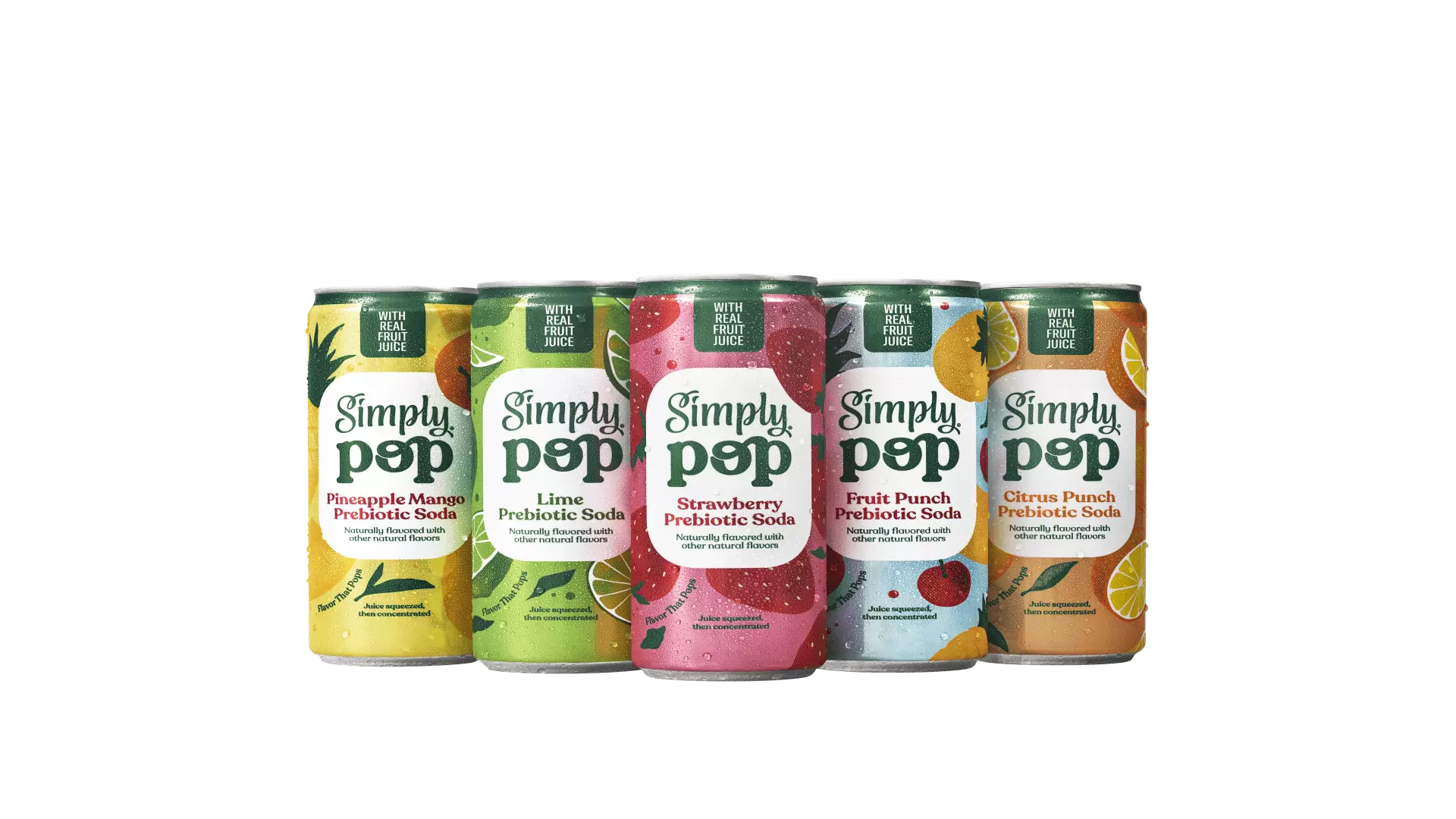As consumer preferences continue shifting towards healthier alternatives, the beverage industry is undergoing a massive transformation. One of the most notable trends in this space is the rise of prebiotic sodas, which aim to offer fizzy refreshment while supporting digestive health. Coca-Cola, a titan in the carbonated drink arena, is making a bold move to enter this category with its upcoming launch of Simply Pop. This new brand aims to compete with notable challengers like Olipop and Poppi, who have already carved out significant market share in a segment that has expanded from $197 million in 2020 to a projected $440 million by 2024 in the United States alone.
The motivations behind Coca-Cola’s entry into the prebiotic soda market are clear. Traditional soda consumption has plummeted over the past two decades due to rising health concerns and the growing popularity of alternative beverages ranging from cold brews to energy drinks. The launch of Simply Pop is Coke’s calculated response to a changing landscape in which health-conscious consumers—particularly Millennials and Gen Z—are increasingly drawn to beverages that offer functional benefits. Notably, Simply Pop will debut its initial range of flavors including pineapple mango, lime, strawberry, fruit punch, and citrus punch, emphasizing a fruity profile that resonates with Coca-Cola’s existing Simply juice brand.
Although the prebiotic soda category is experiencing growth, there exists a cautious skepticism surrounding health claims. In fact, the beneficial effects of prebiotics, which are touted to promote gut health by aiding the growth of beneficial bacteria, remain inconclusively proven. Recent controversies, such as the settlement discussions Poppi is engaged in over misleading health marketing, underscore the risks associated with such claims. In light of this, it’s essential that Coca-Cola ensures its marketing is both transparent and truthful to avoid similar pitfalls.
Consumer response to Simply Pop will likely hinge on its ability to deliver not just great taste but also credible health benefits. Marketing strategies must tread carefully between promoting health advantages and not overstepping into unverified claims. As Becca Kerr, CEO of Coca-Cola’s North American nutrition unit, stated, “We do see that there tends to be an appetite for these types of products with younger consumers.” Affirming this sentiment, the key will be to engage with consumers authentically and to understand their nuanced expectations.
While Coca-Cola’s extensive distribution networks and marketing prowess may give it a competitive edge, the company faces stiff competition. Olipop recently raised $50 million, sitting at a staggering valuation of $1.85 billion, and has set high benchmarks with its advertising strategies, including a high-profile Super Bowl commercial. A wave of similar ventures indicates that Coke is not entering a void; instead, it is stepping into an increasingly crowded field where successful differentiation is crucial.
PepsiCo is also in the wings, reportedly preparing its rival product for a 2025 launch. This impending duopoly pressure could push Coca-Cola to aggressively innovate and market Simply Pop, potentially drawing from lessons learned from past failures in the beverage landscape. The company’s attempt to establish itself in the prebiotic drink segment could ultimately hinge on its agility in responding to market demands, consumer feedback, and potential competitive challenges.
As Coca-Cola rolls out Simply Pop in late February, the implications extend beyond merely capturing market share; this venture represents a critical reflection on consumer health consciousness and brand adaptability. The soda giant has a storied history in beverage innovation, but it has stumbled in the past while trying to navigate new trends. Thus, Simply Pop serves as a litmus test, not just for Coca-Cola’s enterprising spirit but also for how it can reframe its legacy in a world leaning ever more towards wellness. If executed successfully, this product line could rejuvenate a brand historically tied to sugary sweetness and enable Coca-Cola to reclaim relevance in a dynamically evolving beverage market.


Leave a Reply